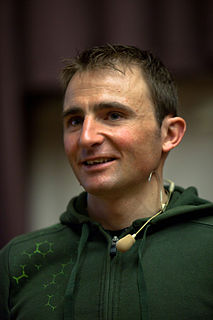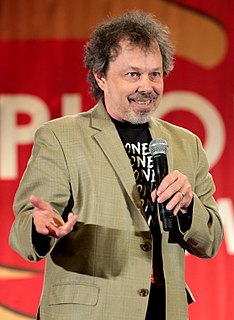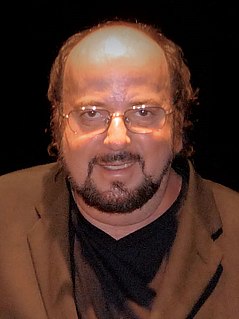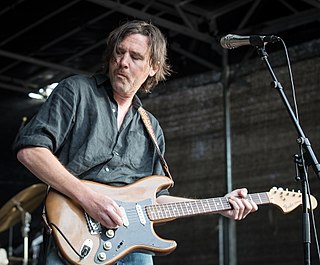A Quote by Morten Tyldum
The most serious problem doing biography is the matter of time because you have to shape events into a narrative of two hours; you have to create a dramatic arc. That can be a challenge.
Related Quotes
When you're researching things that have happened, the clear narrative arc is not there already. This is the problem of writing nonfiction for me - writing nonfiction which is about serious subjects and has serious political and social points to make, yet which is meant to be popular to a degree - what happens when the facts don't fit a convenient narrative arc? I guess that for a lot of nonfiction writers that is a central challenge.
I'm at least getting my foot in the door as far as doing straight dramatic parts, which no one would have ever considered me for in the '80s. I never objected to that because I love doing comedy, and I'm not the kind of actor that insists that unless you're doing a serious dramatic role, you're not acting.
With any television series - and it's something that is taken for granted with movies because you have the whole arc within two hours - you establish who the character is and it's a two-dimensional version, or if you're lucky, a two and a half-dimensional character. Once you establish that, you can move forward and break all the rules. Once the audience has accepted who the person is, then you can do the exact opposite. What makes it funny and interesting is doing the opposite.
That movie [A Series of Unfortunate Events] told four books in two hours, and we have two hours per book. So we have eight hours to tell four books, and if people watch we'll get to tell more of them. There's only thirteen books, so there's only going to be two more seasons, but that allows for a lot of time to be in character and to maintain character.
Some people's lives seem to flow in a narrative; mine had many stops and starts. That's what trauma does. It interrupts the plot. You can't process it because it doesn't fit with what came before or what comes afterward. A friend of mine, a soldier, put it this way. In most of our lives, most of the time, you have a sense of what is to come. There is a steady narrative, a feeling of "lights, camera, action" when big events are imminent. But trauma isn't like that. It just happens, and then life goes on. No one prepares you for it.
I find that I'm just drawn to anything that's going to challenge me as an actress. So any time I get a chance to do a little comedy, that's also a nice change for me. Most of the time people think of me as a dramatic actress and singer. And there's a challenge there because comedy is hard. What do they say? "Dying is easy; comedy is hard."
I'm a full-time believer in writing habits...You may be able to do without them if you have genius but most of us only have talent and this is simply something that has to be assisted all the time by physical and mental habits or it dries up and blows awayOf course you have to make your habits in this conform to what you can do. I write only about two hours every day because that's all the energy I have, but I don't let anything interfere with those two hours, at the same time and the same place.






































